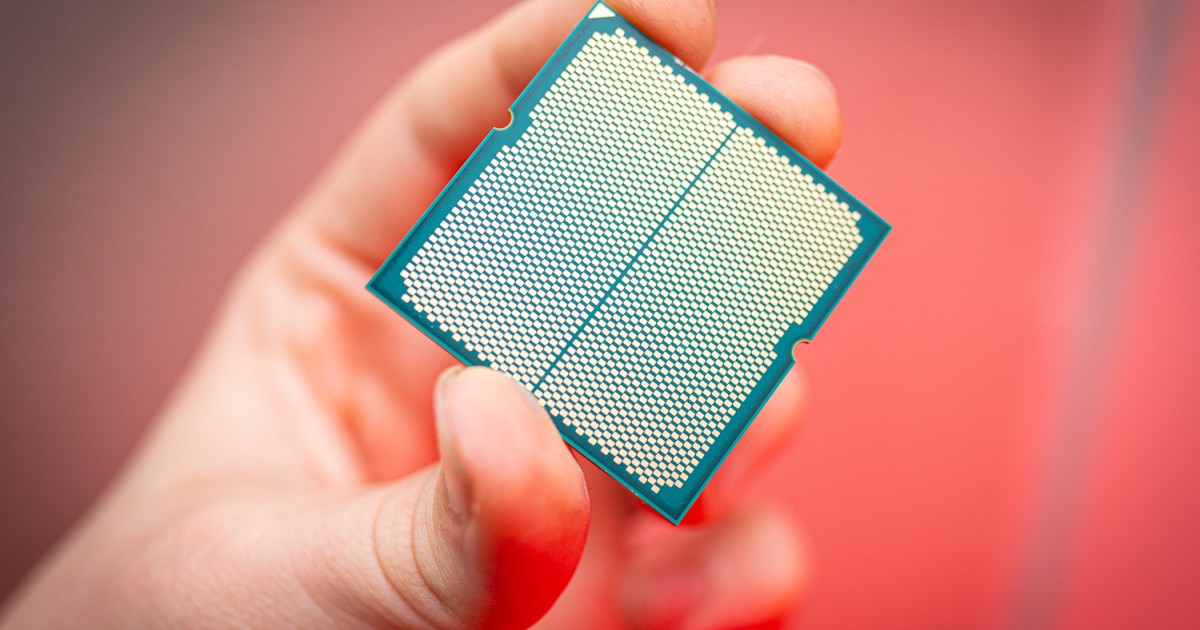Digitaltrends
4d
145

Image Credit: Digitaltrends
This is the one gaming CPU I recommend over the Ryzen 7 9800X3D
- AMD's Ryzen 7 9800X3D processor, which uses the new Zen 5 architecture and offers gamers a boost in productivity performance, competes with last-gen's Ryzen 7 7800X3D, still considered the go-to gaming CPU for most people.
- The Ryzen 7 9800X3D has a dedicated 512-bit data path for AVX-512 instructions and faster access to cooling, which allowed AMD to push clock speeds and fully unlock the CPU for overclocking.
- The Ryzen 7 7800X3D, which doesn't support manual overclocking, operates between 50 to 70W for most tasks and can still be boosted through AMD's Precision Boost Overdrive.
- The Ryzen 7 9800X3D is $30 more expensive than the Ryzen 7 7800X3D, which is currently selling for around $460, but prices are expected to drop by more than $100 once the Ryzen 7 9800X3D comes back in stock.
- The Ryzen 7 9800X3D provides a 19% uplift in single-core and multi-core speeds in productivity tasks, but gaming performance isn't vastly improved over the Ryzen 7 7800X3D, as tests show performance margins to be in single digits only.
- AMD is pushing the Ryzen 7 9800X3D hard, allowing for overclocking and higher clock speeds, but resulting in higher power draw and operating temperatures than the Ryzen 7 7800X3D.
- The Ryzen 7 9800X3D, priced at $479, is much faster in productivity apps, but the Ryzen 7 7800X3D still delivers on the gaming front for much less money.
- If you're looking for a gaming CPU, Ryzen 7 7800X3D is still most preferable as Ryzen 7 9800X3D isn't significantly improved and priced higher.
Read Full Article
8 Likes
For uninterrupted reading, download the app